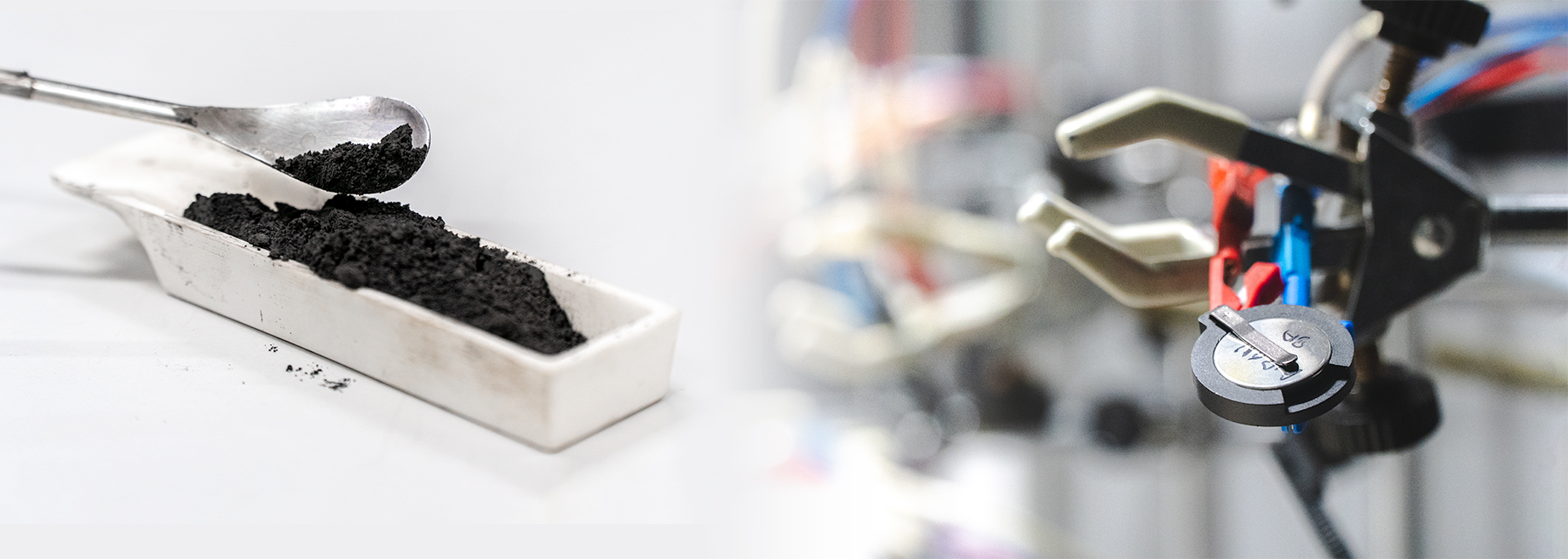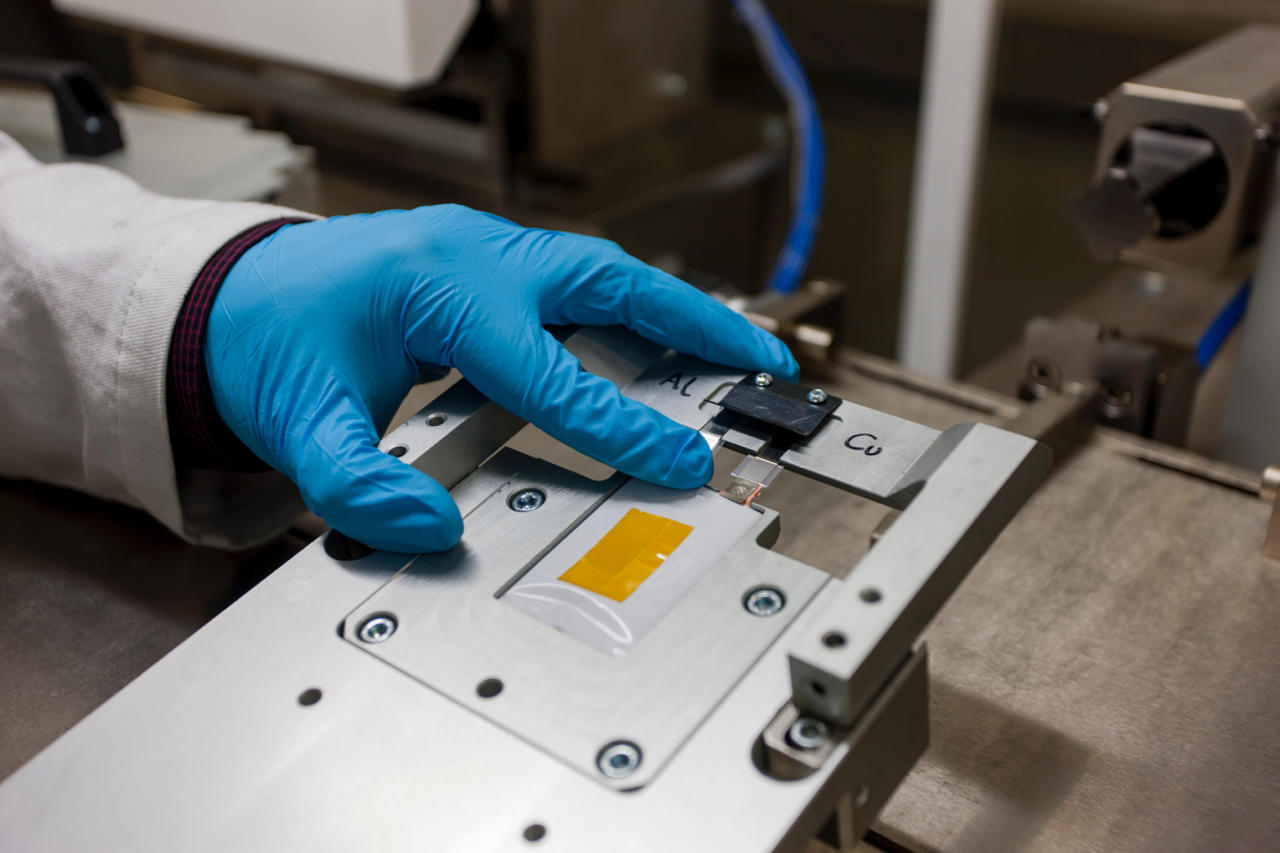CIC energiGUNE, a benchmark research centre in Europe in the field of electrochemical and thermal energy storage, has started work within the EU CoFBAT research project which, in addition to CIC energiGUNE itself, involves 19 other partner organisations from 9 different European countries. This consortium, which aims to identify “advanced material solutions for safer and long-lasting high capacity cobalt-free batteries for stationary storage applications”, held its kick-off meeting in mid-November at Solvay´s chemical plant facilities in Belgium.
The project main goal is to develop new generation batteries for battery storage with a modular technology, suitable for different applications and meeting the growing need for decentralised energy production and supply for private households and industrial robotised devices. New materials and components will be developed and optimised to achieve a longer lifetime (up to 10,000 cycles depending on the material selected), lower costs (down to €0.03/kWh/cycle), improved safety and more efficient recycling (>50%).
CoFBAT will strengthen EU competitiveness, both in advanced materials and in the related battery storage value chain, by developing cobalt-free solutions and safe polymer electrolytes. This will be achieved by using high capacity anodes coupled with cobalt free cathodes and with a much safer gel electrolyte separator, leveraging partners’ knowledge in advanced materials. The CoFBAT project covers the entire value chain of battery production, from materials through to battery manufacturing, including electrochemical characterisation - the phase in which CIC energiGUNE is participating - and life cycle assessment.
The initiative is part of the 2019 call for proposals of the European Commission´s Horizon 2020 programme, under the heading "New Generation of Batteries". The project, led by Torrecid, brings together a consortium of 19 partners from 9 European countries, amongst which, in addition to CIC energiGUNE, features another member of the BRTA (Basque Research and Technology Alliance), the Cidetec Foundation. The project duration is 48 months, with a budget of 7.9 million euros.





